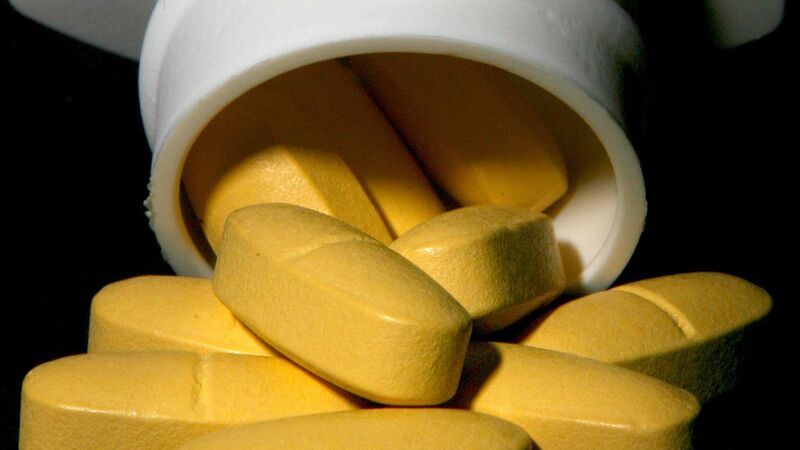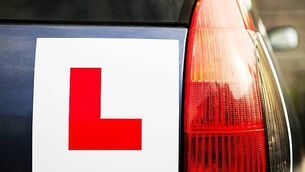Warning after seizures of black market drugs, including Ozempic knock-offs, triple

Up to 706,881 dosage units of all types of unverified medicines were seized in the first six months of the year.
Seizures of black market weight-loss drugs, including knock-offs of the celebrity-endorsed Ozempic, have more than tripled so far this year.
With more than 60% of the country overweight or obese, the rise in popularity of drugs, such as Ozempic, Rybelsus, and Wegovy, has altered the treatment of diabetes and obesity.










